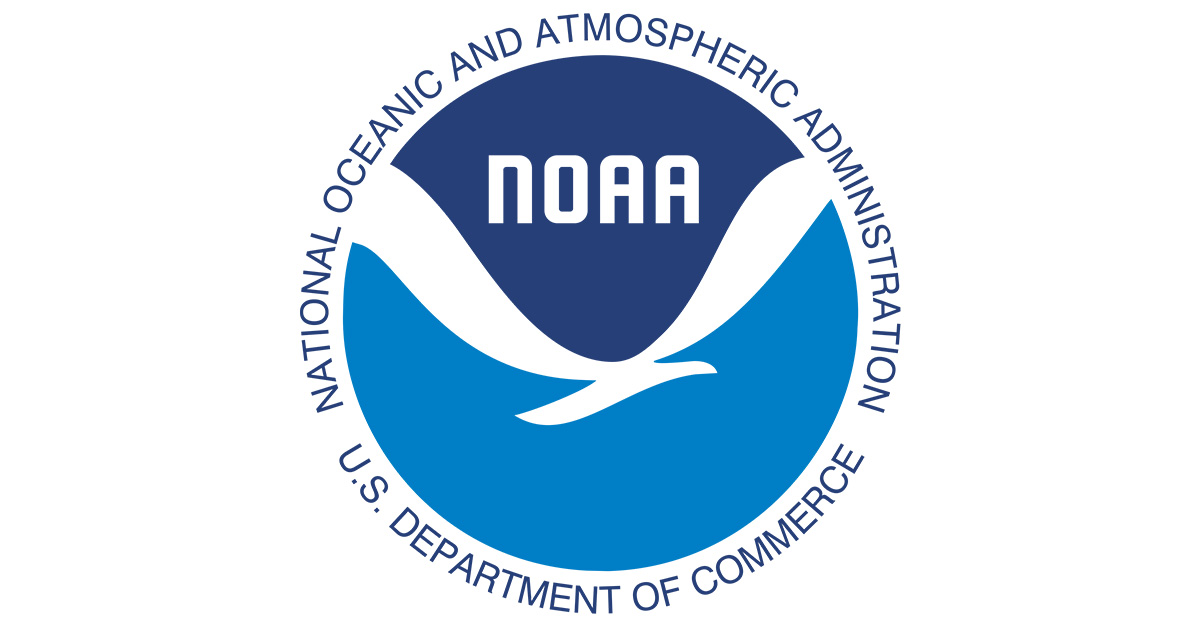A research opportunity is currently available within the National Oceanic and Atmospheric Administration (NOAA), National Ocean Service (NOS), National Centers for Coastal Ocean Science (NCCOS), Stressor Detection and Impacts Division (SDI), Key Species and Bioinformatics (KSB) Branch in Charleston, South Carolina.
The NOAA formed the NCCOS in 1999 as the focal point for NOAA’s coastal ocean science efforts. NCCOS helps NOAA meet its coastal stewardship and management responsibilities and provides coastal managers with the scientific information necessary to decide how best to protect environmental resources and public health, preserve valued habitats, and improve the way communities interact with coastal ecosystems.
The KSB Branch relies on -OMICS methods to support science needs of NOAA trust resources such as corals, marine mammals, and protected marine ecosystems.
Research Project:
The fellow will assist with sample preparation, sequencing, analysis, and interpretation of biological data using a variety of bioinformatics tools and databases. This is an exciting opportunity to collaborate with a dynamic team of researchers and contribute to cutting-edge research in the field of bioinformatics.
Learning Objectives:
Key skills that will be developed:
- Prepare samples for next-generation DNA sequencing.
- Operate and oversee usage of an Illumina MiSeq DNA Sequencer.
- Collect and organize biological data from various sources such as public databases, literature, and internal experiments.
- Perform data processing, quality control, and normalization.
- Conduct statistical analysis and visualization of large datasets.
- Develop and implement computational workflows for data analysis.
- Maintain and update existing bioinformatics pipelines and databases.
- Collaborate with interdisciplinary team members to design and execute experiments.
- Stay current with advances in bioinformatics tools and technologies.
- Contribute to research publications and grant proposals.
Qualifications
The qualified candidate should be currently pursuing or have received a bachelor's, master's (preferred), or doctoral (preferred) degree in one of the relevant fields (e.g., Biology, Molecular Biology, Genetics, Microbiology).
Preferred skills:
- Enthusiasm for working with next-generation DNA sequencing data analysis and a willingness to learn.
- Experience working with programming languages such as Python and R.
- Experience with statistical analysis and visualization tools with a strong interest of using those skills for data analysis to support marine management needs.
- Ability to work independently and as part of a team.
- Excellent written and verbal communication skills.
- An understanding of Bioinformatics and/or Computational Biology.
- Knowledge of the operation of next generation DNA sequencers like the Illumina MiSeq.
- Familiarity with cloud computing and high-performance computing environments.
Eligibility Requirements
- Citizenship: U.S. Citizen Only
- Degree: Bachelor's Degree, Master's Degree, or Doctoral Degree.
- Overall GPA: 3.00
- Discipline(s):
- Computer, Information, and Data Sciences
- Life Health and Medical Sciences
- Mathematics and Statistics
Anticipated Appointment Start Date:
February 2024. Start date is flexible and will depend on a variety of factors.
Appointment Length:
The appointment will initially be for seven months but may be renewed upon recommendation of NOAA and is contingent on the availability of funds.
Level of Participation:
The appointment is full-time.
ORISE Information:
This program, administered by ORAU through its contract with the US Department of Energy (DOE) to manage the Oak Ridge Institute for Science and Education (ORISE), was established through an interagency agreement between DOE and NOAA. Participants do not become employees of NOAA, DOE or the program administrator, and there are no employment-related benefits. Proof of health insurance is required for participation in this program. Health insurance can be obtained through ORISE.
Participant Stipend:
The participant will receive a monthly stipend commensurate with educational level and experience. The current monthly stipend for this opportunity is $5,000 plus $300 for health insurance.
Closing Date: December 8, 2023





